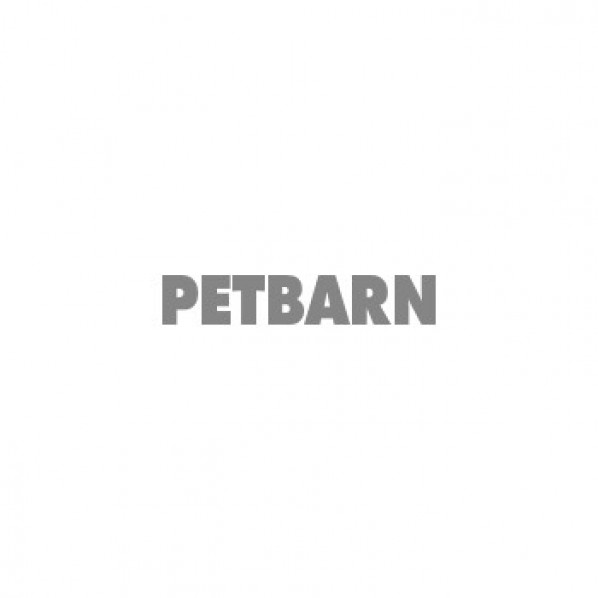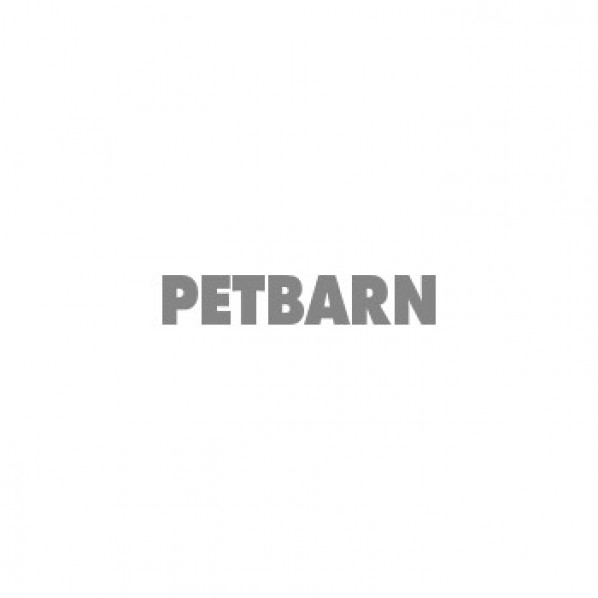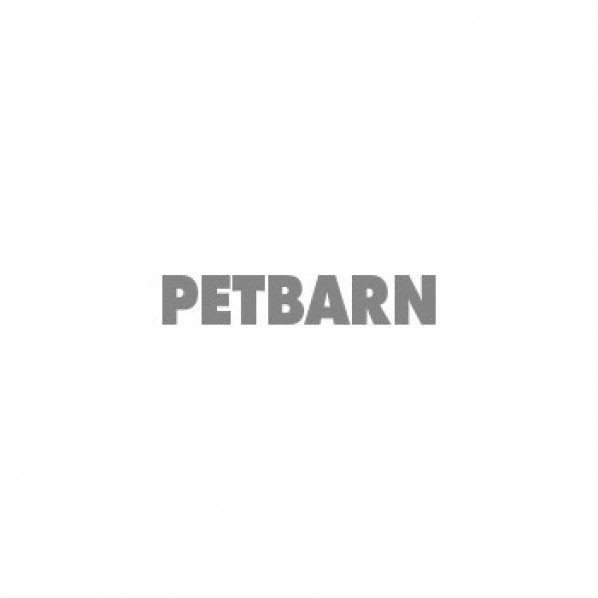Is your dog overweight? If so, you are not alone! Over 40% of dogs and over 30% of cats in Australia are estimated to be overweight1,2. Just like humans, weight can have a serious impact a dog’s overall health and well-being so it’s important to take action if your pooch getting a little podgy.
Product Recommendation
How to help your dog lose weight
Just like with humans, eating a nutritionally complete and balanced diet, the right amount of food and exercising regularly are the best ways to help your dog lose weight.
1. Start with their nutrition
Overfeeding your pet is one of the primary causes of excessive weight gain so switching up their diet is a great place to start. Hill’s Science Diet Perfect Weight is a breakthrough weight management food, scientifically developed to work with your dogs’ unique biology to help burn fat & maintain a healthy body weight for a long, happy life. It is formulated with a blend of natural ingredients, including high protein, high fibre, L-carnitine and coconut oil to help support your pet’s metabolism for healthy weight maintenance. In a clinical study, over 70% of dogs lost weight within 10 weeks when fed this food.3 Benefits include:
- High protein to support lean muscle mass
- A scientifically formulated recipe that works with your dog’s biology to help burn fat
- A nutritionally complete and balanced diet
- A great solution for healthy weight maintenance and long-lasting weight support
Hill’s Science Diet Perfect Weight is complete and balanced for adult maintenance and can continue to be fed to your pet once they reach their goal weight. It is also ideal for multi-pet households even where pets are of differing breeds and weights.
2. Keep them active with exercise
Exercising your dog is another way to assist them reach their ideal weight. Have regular exercise sessions and try out different activities to keep it fun for you and your pet.
- Go for a walk – Switch it up by going to places with different kinds of terrain and interactive obstacles like benches to balance on or logs to jump over
- Play fetch – Grab a ball or frisbee and ramp up the intensity of this fun game by playing it on a hillside
- Make a “dogstacle course” – Place pots, milk cartons and other obstacles around in the backyard and walk your dog through them at a quick pace
- Climbing stairs – Healthy for your dog’s leg muscles – and yours!
3. Make small lifestyle changes
Avoid feeding too many treats
As much as we love our dogs and can sometimes show our affection through tasty snacks and treats, it’s best to avoid feeding them too many. You should also take care to only feed them treats that are made for dogs rather than slipping them some human food. Keep in mind that many of the foods we regularly eat are not healthy for dogs and some can even be toxic. To make sure your dog doesn’t consume too many calories, make sure that no more than 10% of their daily calories comes from dog treats. We don’t want our pooches going backwards on their journey to a healthier weight!

Consider a slow feeder bowl
If your dog wolfs down their food at mealtimes, consider switching their food bowl to a slow feeder bowl. Slow feeder bowls help increase the time it takes for dogs to finish their food by ensuring they properly chew their food and can help with reducing bloating, better digestion and less gas. Slow feeder bowls can also act as a little puzzle to make dinner-times more fun and mentally stimulating.
Product Recommendation
How can I tell if my dog is overweight?
If you’re concerned that your dog is overweight, check for some of the symptoms. If any of the below statements are true then your pet may be overweight:
- It’s difficult to feel their ribs or spine
- It’s difficult to see a defined waist
- Their abdomen (tummy) is sagging
You can also look out for signs in their behaviour that indicate that they could be overweight. Does your dog…
- Often appear tired and lazy?
- Lag behind on walks?
- Pant constantly?
- Need help getting in the car?
- Resist playing games?
- Bark without getting up?
Health risks for overweight dogs
Unfortunately, being overweight is not just a cosmetic problem. Extra weight presents a significant danger to a dog’s health. Overweight dogs face increased risks of serious diseases like diabetes, hypertension, heart disease, osteoarthritis and urinary tract disease.
What’s more, people who over-feed their dogs may actually be shortening their dog’s lifespan. Studies have shown that dogs who maintain an ideal weight can live two years longer than dogs whose diets and weights are not monitored.4
Many of us don’t realise that our pets have a weight problem, and even when we do, we may not be aware of how much it can affect their health and well-being.
If you think your dog is overweight, book an appointment with your local Greencross Vet to discuss which food is the best for them and other ways that you can help them achieve their perfect weight.

Sources:
1 McGreevy PD, Thomson PC, Pride C et al. Prevalence of obesity in dogs examined by Australian veterinary practices and the risk factors involved. Vet Rec 2005; 156: 695-702.
2 McGreevy PD, Thomson PC, Pride C et al. Overweight or Obese Cats Presented to Australian Veterinary Practices: Risk Factors and Prevalence. Aust Vet Pract 2008; 38(3): 98-107
3 Hill’s trial data on file, 2011.







